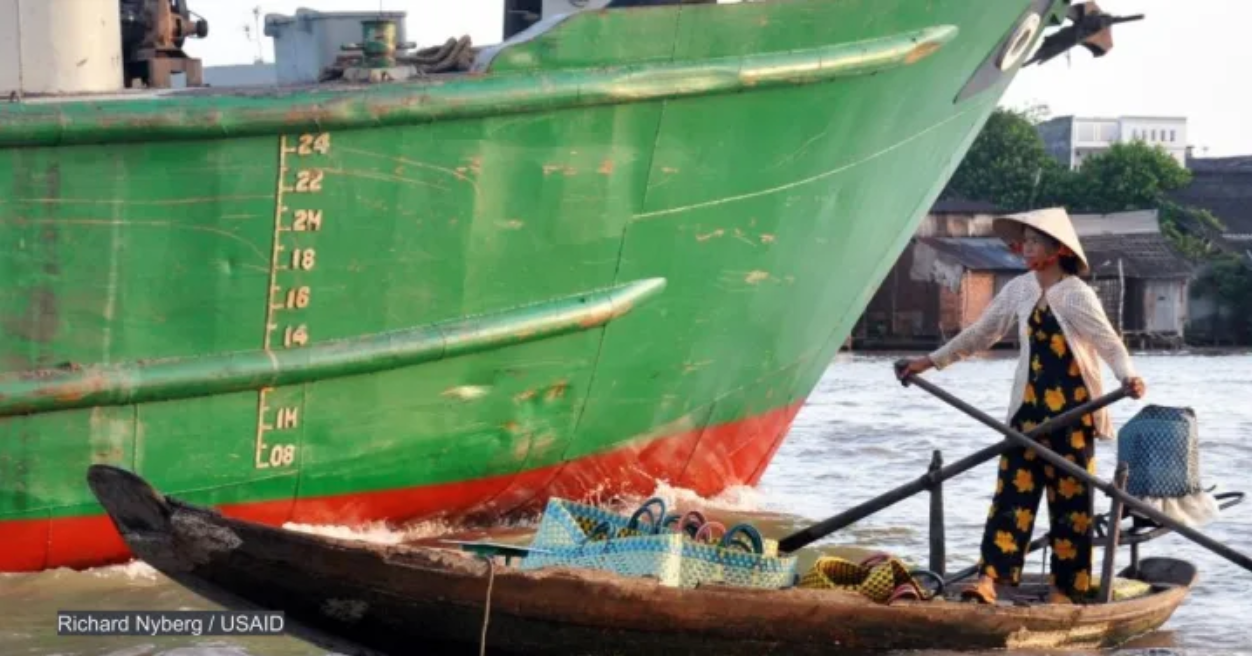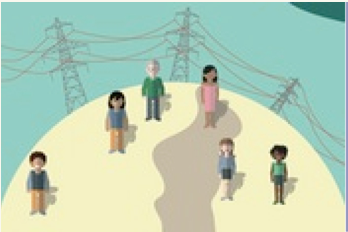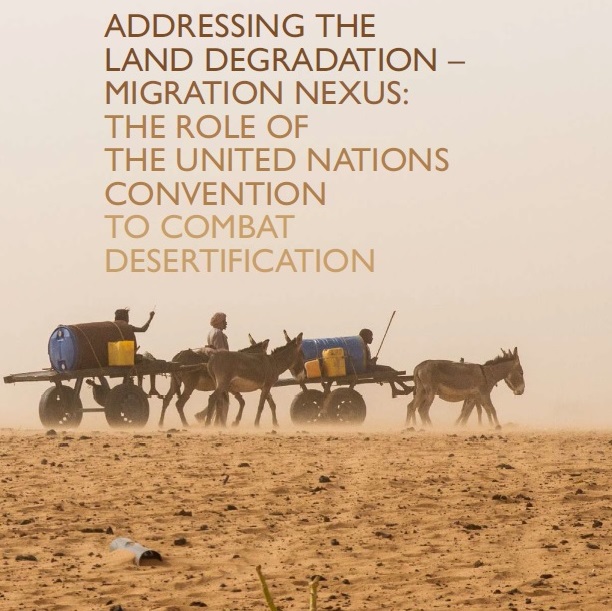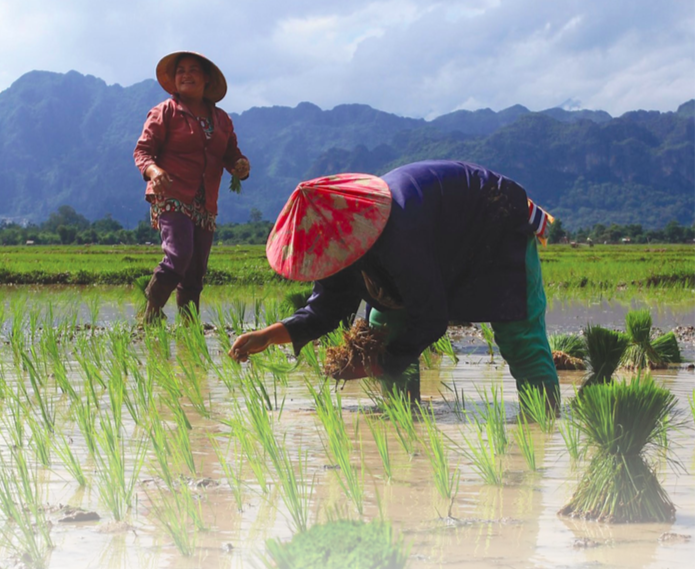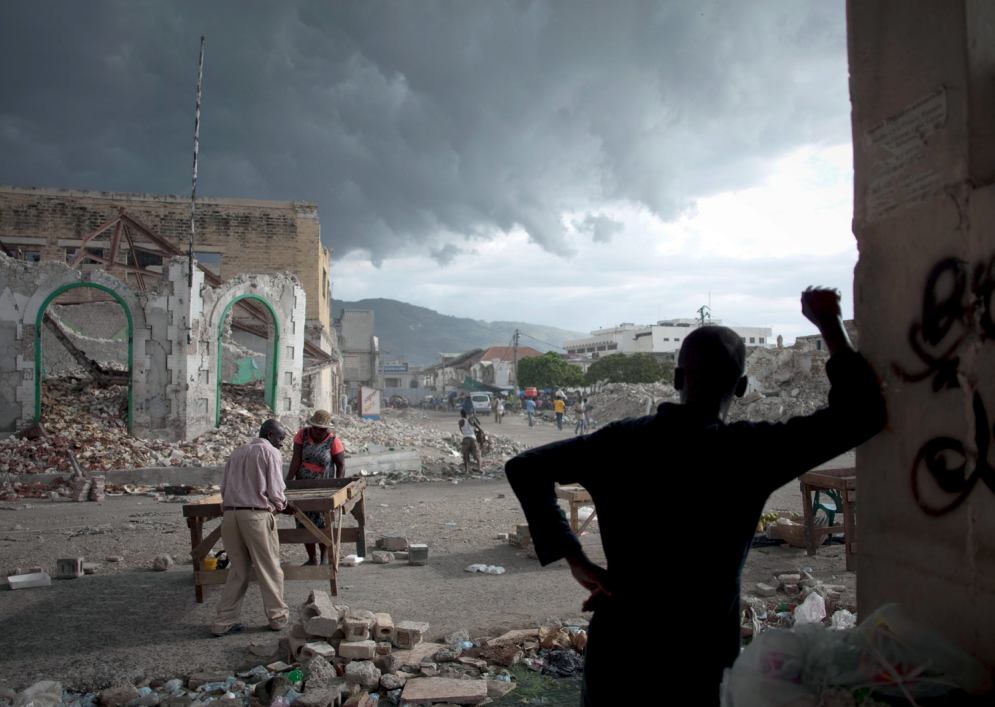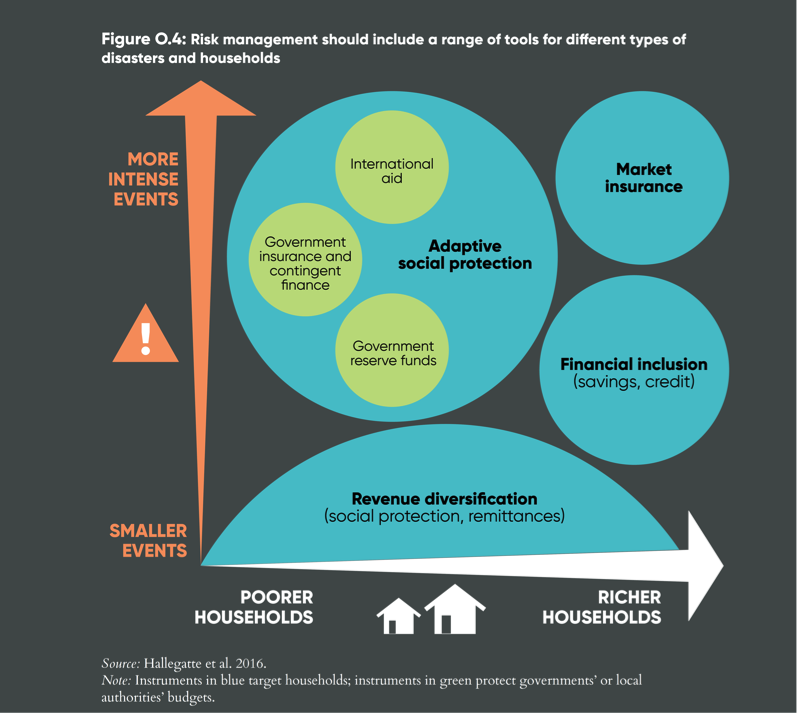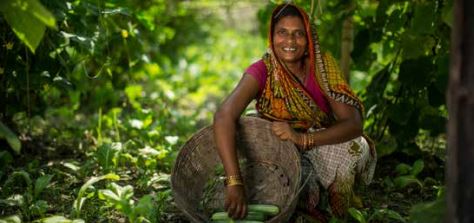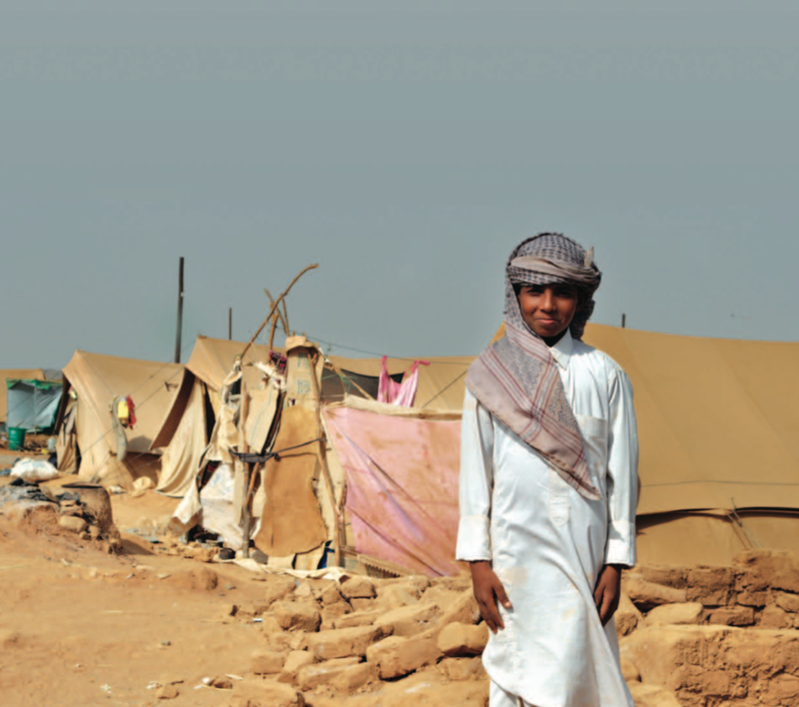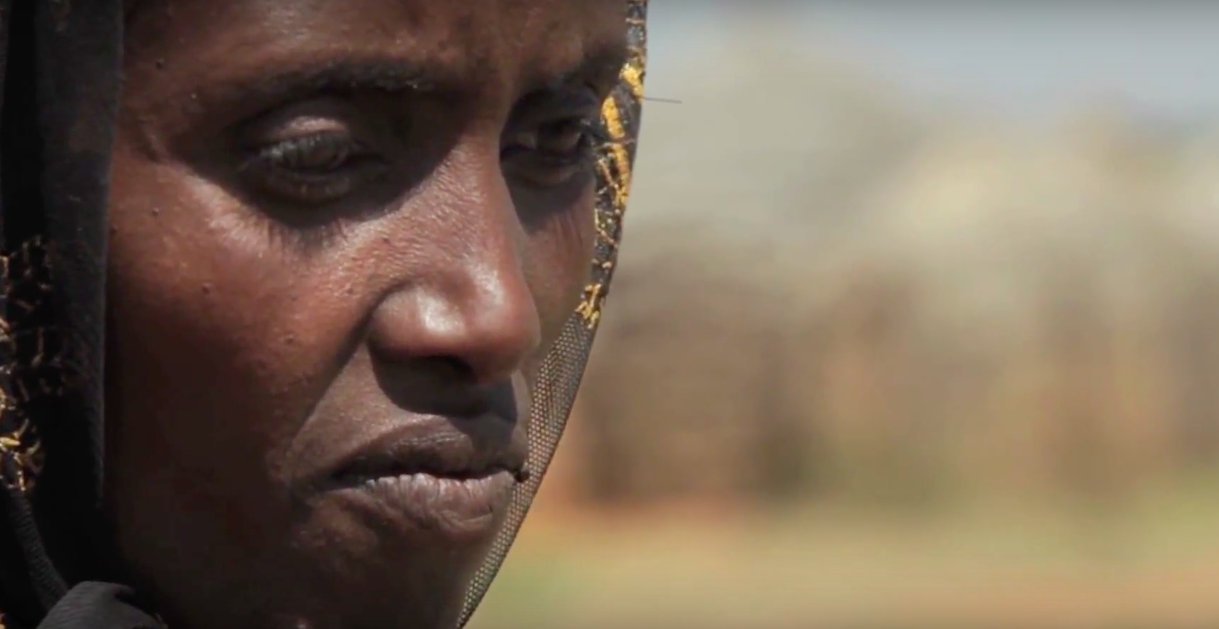poverty
Slow-onset climate hazards in Southeast Asia: Enhancing the role of social protection to build resilience
This report examines those issues and identifies principles to guide future research on social protection to build resilience to slow-onset events, focusing on coastal communities.
Climate Change Mitigation in Developing Countries
This MOOC course, developed by UCT, gives participants the opportunity and skills to consider how societies can be lifted out of poverty while also mitigating greenhouse gas emissions.
The Hindu Kush Himalaya Assessment: Mountains, Climate Change, Sustainability and People
This open access volume is the first comprehensive assessment of the Hindu Kush Himalaya (HKH) region.
Addressing the Land Degradation –Migration Nexus: the Role of the United Nations Convention to Combat Desertification
A review of existing evidence, good practices, and policy recommendations on the complex interrelationships between migration and desertification, land degradation and drought.
How Climate Drives Hunger: Food Security Climate Analyses, Methodologies and Lessons 2010-2016
A compendium of the main findings and lessons learnt from WFP's food security climate analyses under the Climate Adaptation Management and Innovation Initiative (C-ADAPT).
Making Climate Risk Insurance Work for the Most Vulnerable: Seven Guiding Principles
This project focuses on how climate risk insurance can be used as a tool to effectively support poor and vulnerable populations in the aftermath of a climate-related shock.
Webinar: How to make poor people less vulnerable to (climate change related) natural disasters
In this webinar Stephane Hallegatte explores the link between extreme weather and extreme poverty that underscores the urgency for policies that better protect the world’s most vulnerable.
Increasing people’s resilience through social protection
This paper highlights how social protection programmes and systems can contribute to building the capacity of vulnerable people who are exposed to climate shocks and disasters.
The impacts of climate change on food security and nutrition in the Middle East and North Africa
This report sets out the risks to food security in the Middle East and North Africa from climate change, and how these vulnerabilities interact with other key trends and sources of risk.
Severe, increasingly common droughts demand climate change adaptation
This blog describes UNDP's experiences in Ethiopia as it faces its worst drought in 50 years and underlies the critical role that climate adaptation efforts play in sustaining livelihoods.
